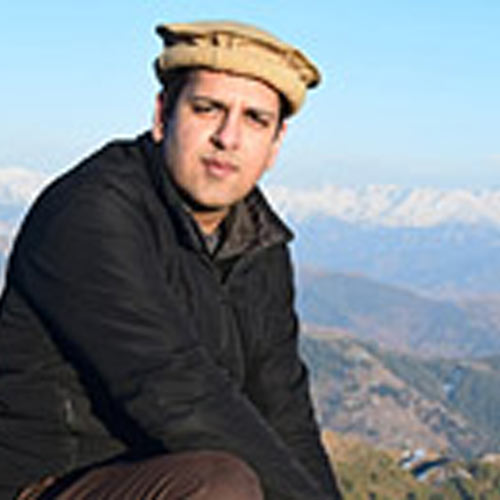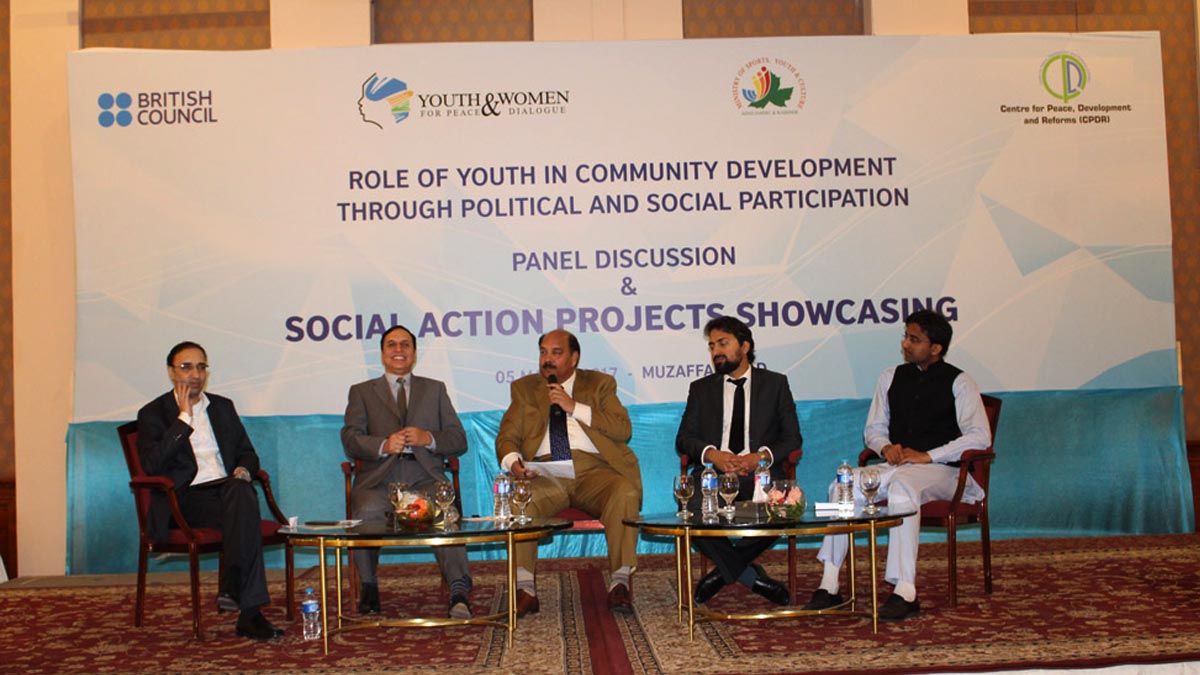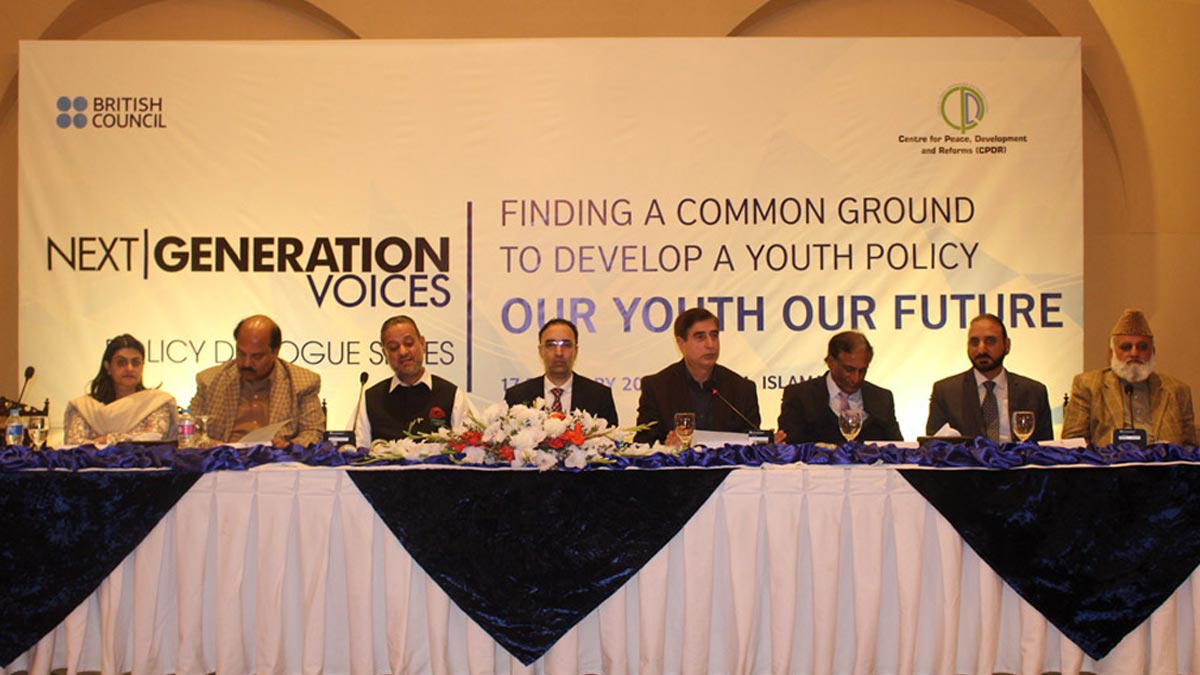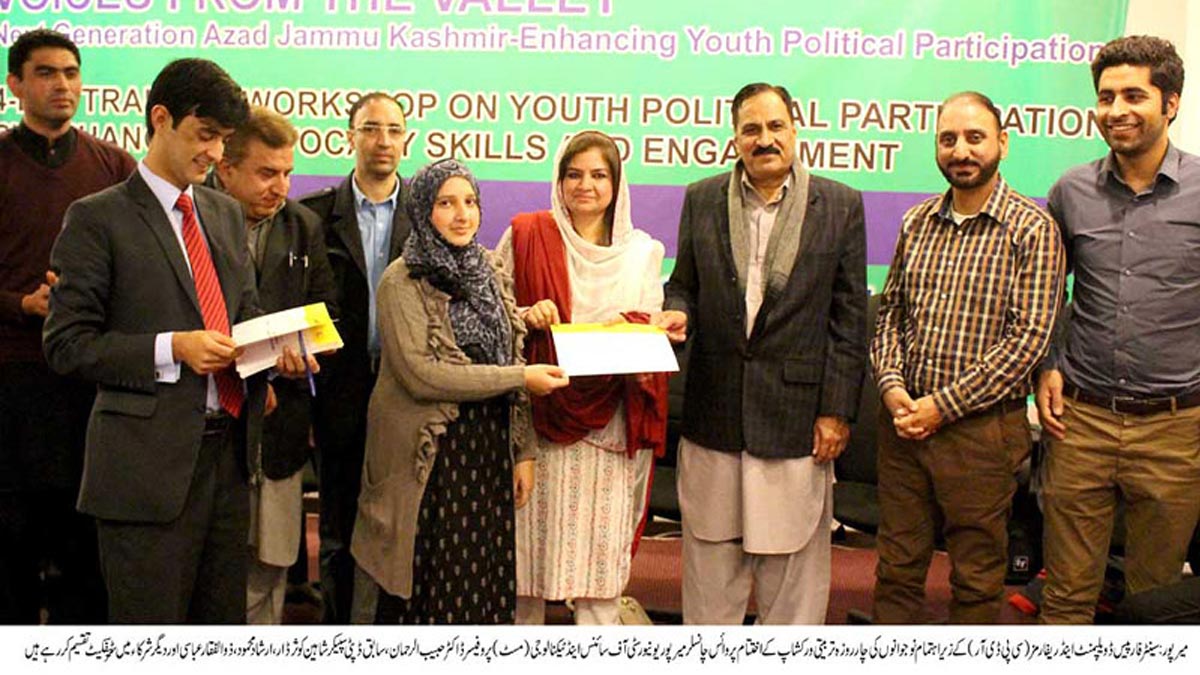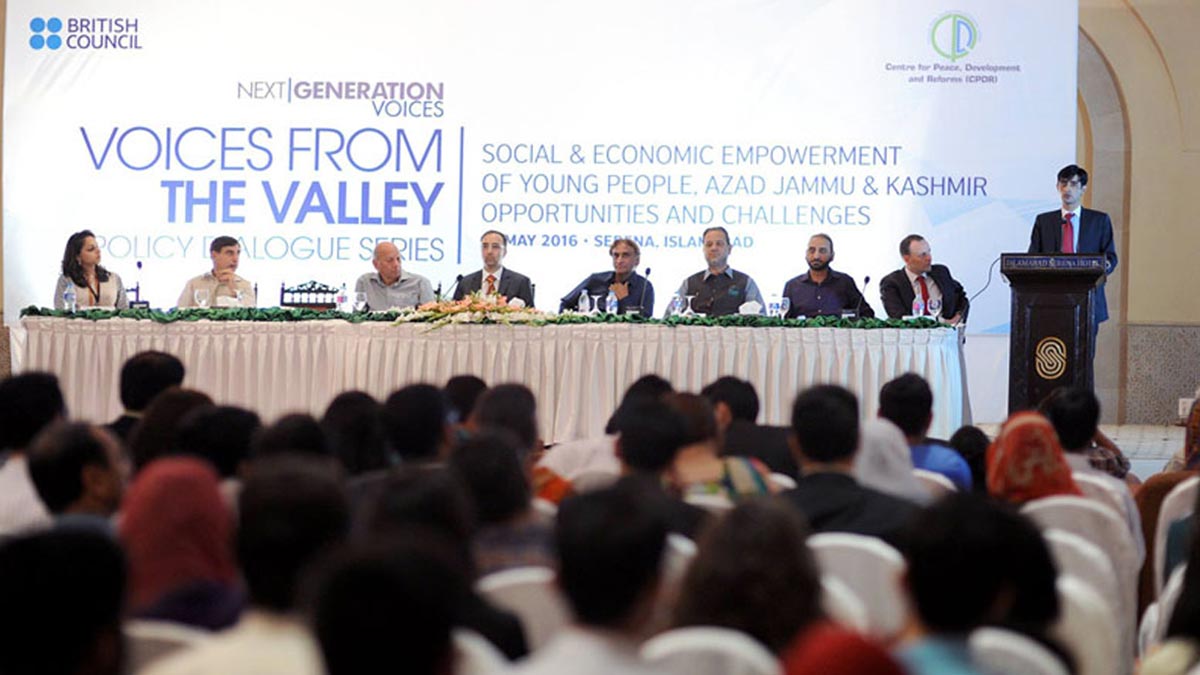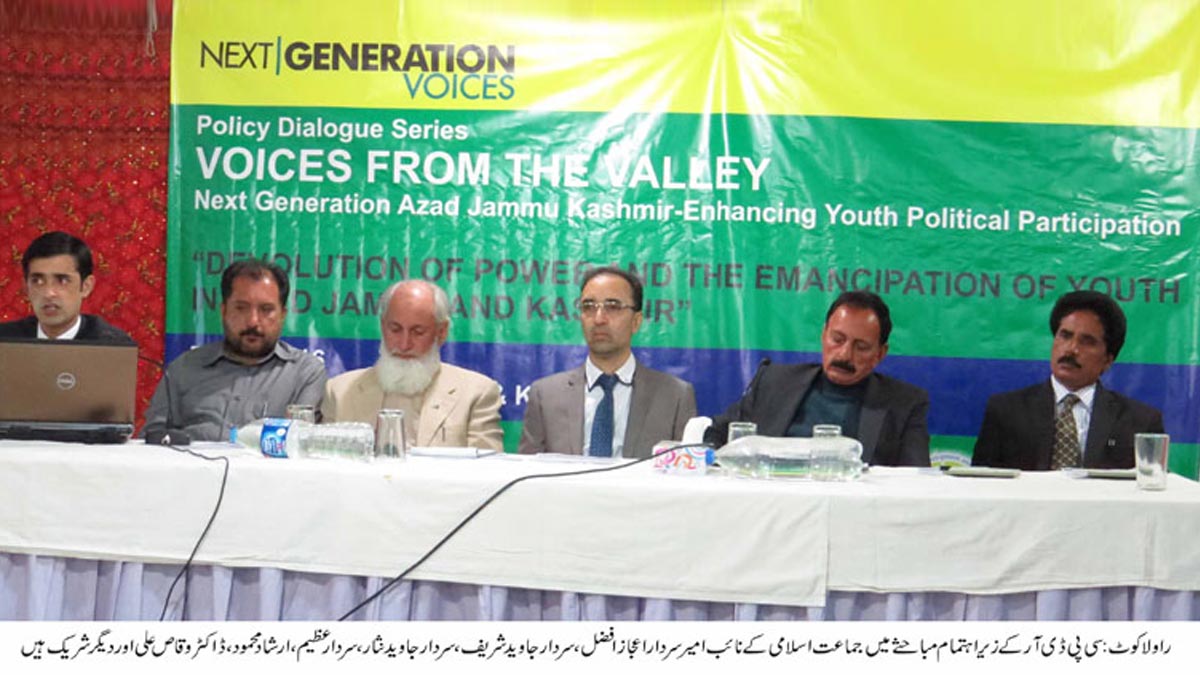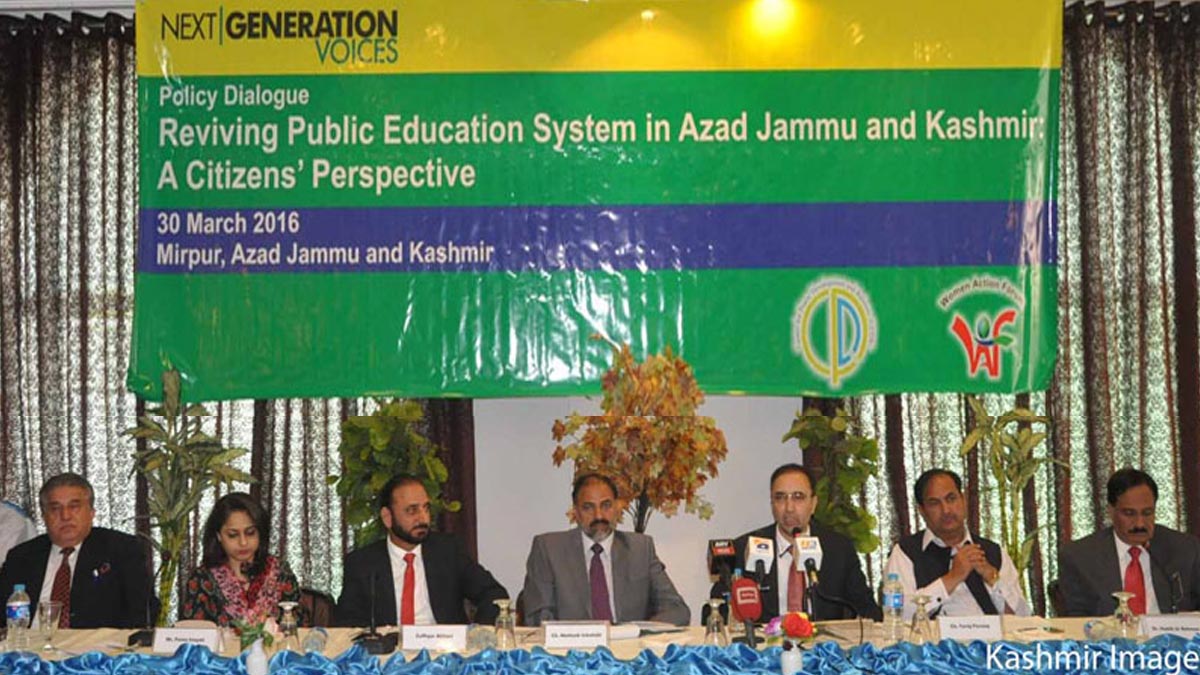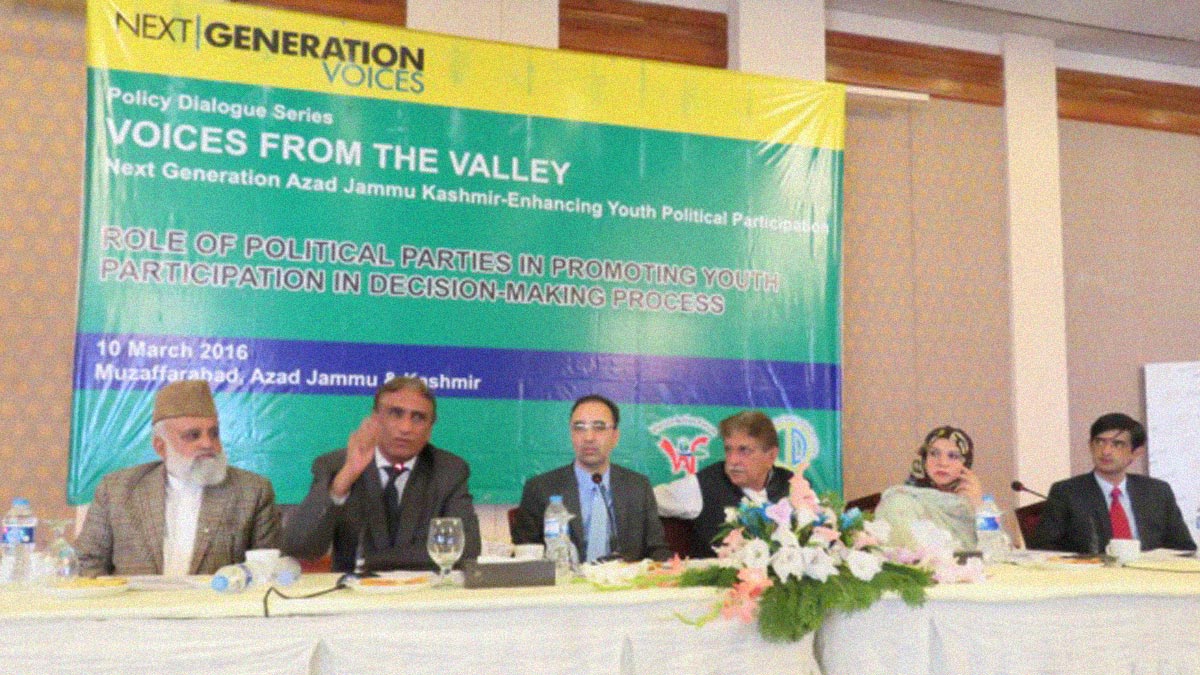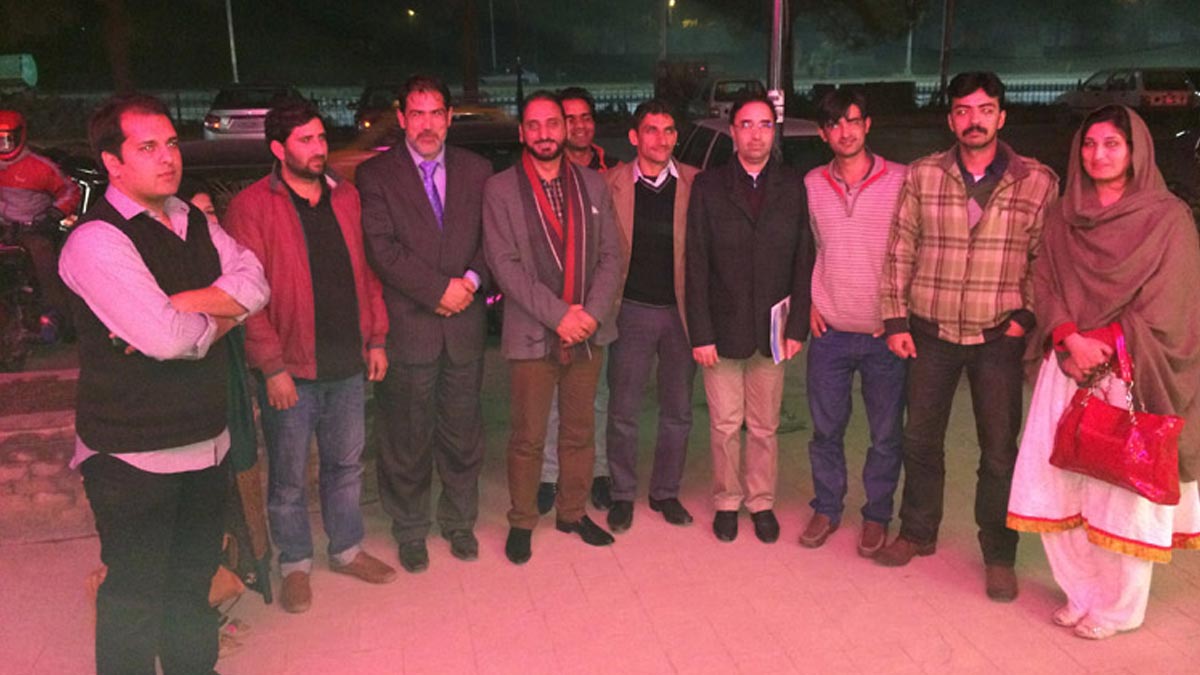
- October 15, 2020
- @admin
- 0
- Qaiser Khan
For our elder generations, partition was an inevitable event that happened in the heat of the moment and gave birth to the two dominions of India and Pakistan.
After seven decades when we look back, we are forced to acknowledge that the partition of India and Pakistan wasn’t just an isolated event in history but an ongoing process that may have changed its outlook but the essence of it remains the same i.e., the politics of exclusion!
Much that is happening in both the countries today vis-a-viz each other is a direct result of misinformation and lack of understanding that exists between the two neighbors. One of the primary reasons behind such state of affairs is the absence of interaction between the people of two countries.
In an attempt to circumvent the exclusivist political tendencies in South Asia, RPI-Regional Peace Institute in collaboration with USIP-United States Institute of Peace organized a Track II dialogue between the youth of India and Pakistan in Islamabad.
An unprecedented initiative in the given circumstances, this event was attended by former ambassadors, lawmakers, noted journalists and civil society representatives from both India and Pakistan.
Of all the Track II discussions that I have been a part of, I have rarely come across an event that goes without discussing the literary and poetic genius of stalwarts like Ghalib and Faiz Ahmed Faiz. Perhaps the most apparent commonalities between the two countries, even these areas of mutual interest have fallen short of filling in the emotional wedge that exists between the two neighbors.
The Track II in Islamabad was no exception to the aforementioned regard. A journalist from India made a very pertinent point that expressing the scars of partition may only be a tool of political gimmickry but this practice has an adverse impact on the psychology of youth in India and Pakistan.
Other participants from India also shared similar observations about the youth of India. They were of the opinion that Pakistan is only known for bad reasons in India and the politics of hate and exclusion have really polluted the youthful Indian minds.
The failure of neo-liberal world order and its impact on the behavior of youth was also discussed. The speakers from India shared very interesting insights on how the systemic failure has created a huge constituency that is revolutionary in nature and hence demands better ties with Pakistan.
This disenchantment from the global system turned out to be yet another commonality between the youth of India and Pakistan. During the course of dialogue, the group accomplished a thorough analysis of the geo-political situation and came up with concrete suggestions to improve connectivity in South Asia.
The opinion from Pakistani side in the Track II was quite forthcoming and considerate of the political sensitivities attached to India-Pakistan relations. Apparently, the atmosphere in Pakistan seems conducive for engagement with India as the event received a wide coverage and publicity in the national media.
Participants from the Pakistani side were of the opinion that in order to address complex political problems, a start must be made from smaller initiatives and conversations on commonalities between the two countries.
Building on this premise, the initiative produced a joint communiqué at the end that talked about resumption of trade ties between the two countries and immediate reopening of the sealed air space. It is heartening to note that within one week of the dialogue, the airspace for all kinds of traffic was opened by Pakistan signaling that it has given sufficient consideration to the proposals made in Track II.
During the entire course of dialogue, the issue of Kashmir kept knocking at the conscience of every participant and there were frequent attributions to this problem albeit with a non-conventional approach.
Most of the participants agreed to the fact that there’s a dearth of imagination, creativity and empathy when it comes to resolving the complex political issues between India and Pakistan. Although it is very difficult to institutionalize empathy and other moral constructs but Track II initiatives on sustained basis can eventually lead to the aforementioned ideal.
Being cognizant of this understanding, the second round of Track II will be organized in Delhi somewhere in September. The effort would be to consolidate the work done earlier in the Track II and develop strong people to people linkages for future emergency situations.
The writer is researcher with the Centre for Peace, Development and Reforms (CPDR) based in Islamabad.


